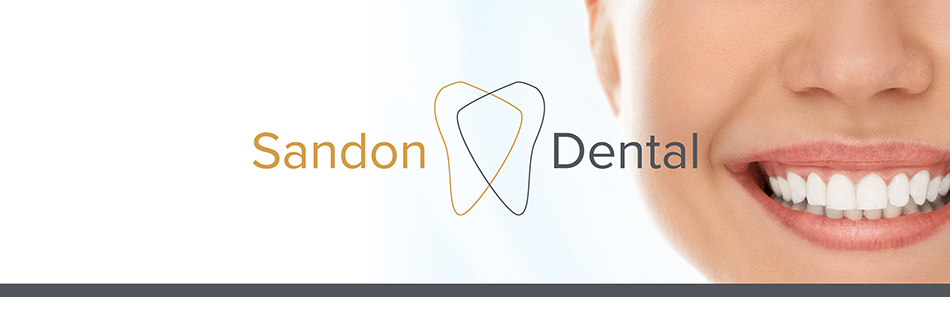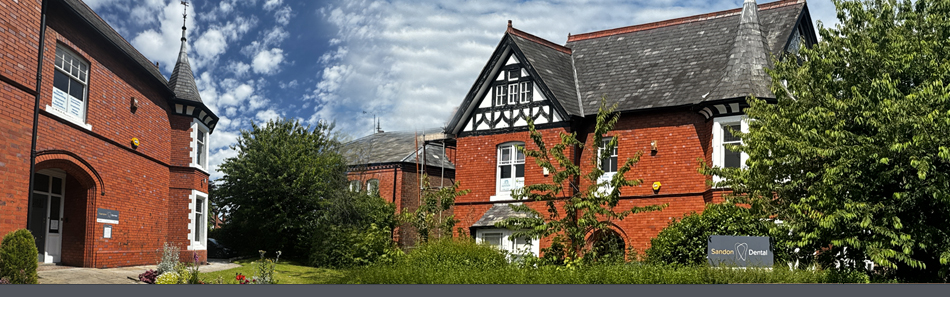Dental Factfiles

Tooth Extractions
At some stage of their lives, most people will need to have one or more of their teeth removed. This can be for a number of different reasons and can be done under local or general anaesthetic.
Local anaesthetic
An injection is given in the gum, close to the tooth to be removed, to completely numb the area. The patient is awake during the procedure and although they may feel a little pressure during the extraction, they will feel no pain.
General anaesthetic
The patient is temporarily sent to sleep whilst the tooth extraction is carried out and so will be unconscious during the procedure. This method is usually only used if the extraction is likely to be particularly complicated, if the patient is very nervous or has special needs. Most general anaesthetics are performed in a hospital.
There are four main reasons for removing teeth:
Impacted
The tooth has been prevented from growing into the correct position, by bone or other teeth and is causing problems. This is the most common reason for wisdom teeth extractions.
Orthodontic treatment
Teeth will be removed to make space in an overcrowded mouth to allow the remaining teeth to come through straight, or prior to realignment as requested by an orthodontist.
Severe decay or damage
Teeth may have to be removed because they are so badly damaged or decayed that they cannot be repaired.
Gum disease
Gum disease can progress so far that the teeth become loose and have to be removed.
Once a tooth has been removed it is important to allow time for a blood clot to form in the hole (tooth socket) where the tooth was, to begin the healing process. It is therefore important that the extraction site is not disturbed, or the mouth rinsed for at least 24 hours. The dentist may ask the patient to bite on a gauze pad to encourage the clotting process. Vigorous exercise, smoking, and eating food on the affected side of the mouth for 3 to 4 days, should be avoided. Gentle cleaning of the teeth with a soft toothbrush during the first few days after the extraction is possible, but avoid the extraction site itself. The diet should be restricted to soft foods for two weeks after any dental extraction. The dentist will also encourage the patient to use hot salty water mouthwashes the day after the tooth was extracted (one teaspoon of salt to a small tumbler of hot water). It is quite normal to experience some swelling to the face after a tooth extraction and an ice pack may help to reduce this.
A little pain or some discomfort may be felt after an extraction and the dentist may prescribe some medication or pain killers to reduce it.

